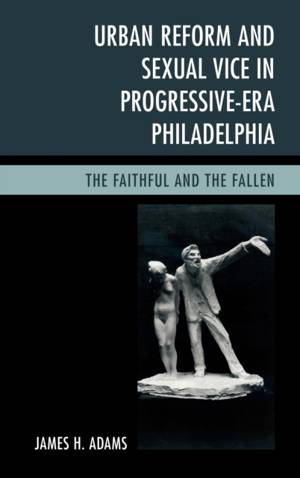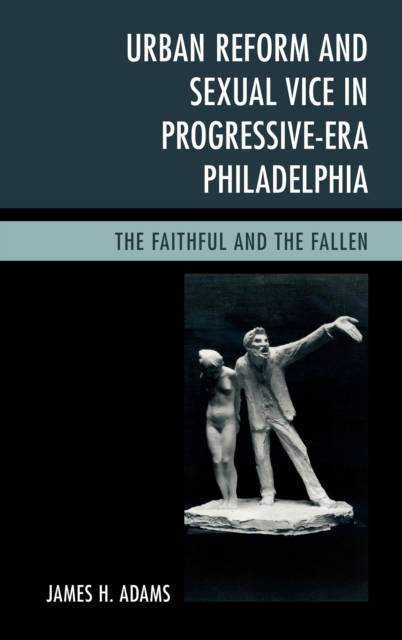
- Afhalen na 1 uur in een winkel met voorraad
- Gratis thuislevering in België vanaf € 30
- Ruim aanbod met 7 miljoen producten
- Afhalen na 1 uur in een winkel met voorraad
- Gratis thuislevering in België vanaf € 30
- Ruim aanbod met 7 miljoen producten
Zoeken
Urban Reform and Sexual Vice in Progressive-Era Philadelphia
The Faithful and the Fallen
James H Adams
Hardcover | Engels
€ 205,45
+ 410 punten
Omschrijving
This book examines the intersection and interplay between Progressive-Era rhetoric regarding commercialized vice and the realities of prostitution in early-twentieth-century Philadelphia. Adams asserts that reformers constructed a cultural view of prostitution that was based more upon their perceptions of the trade than on reality itself.
Specificaties
Betrokkenen
- Auteur(s):
- Uitgeverij:
Inhoud
- Aantal bladzijden:
- 212
- Taal:
- Engels
Eigenschappen
- Productcode (EAN):
- 9781498508681
- Verschijningsdatum:
- 1/07/2015
- Uitvoering:
- Hardcover
- Formaat:
- Genaaid
- Afmetingen:
- 155 mm x 229 mm
- Gewicht:
- 385 g

Alleen bij Standaard Boekhandel
+ 410 punten op je klantenkaart van Standaard Boekhandel
Beoordelingen
We publiceren alleen reviews die voldoen aan de voorwaarden voor reviews. Bekijk onze voorwaarden voor reviews.











